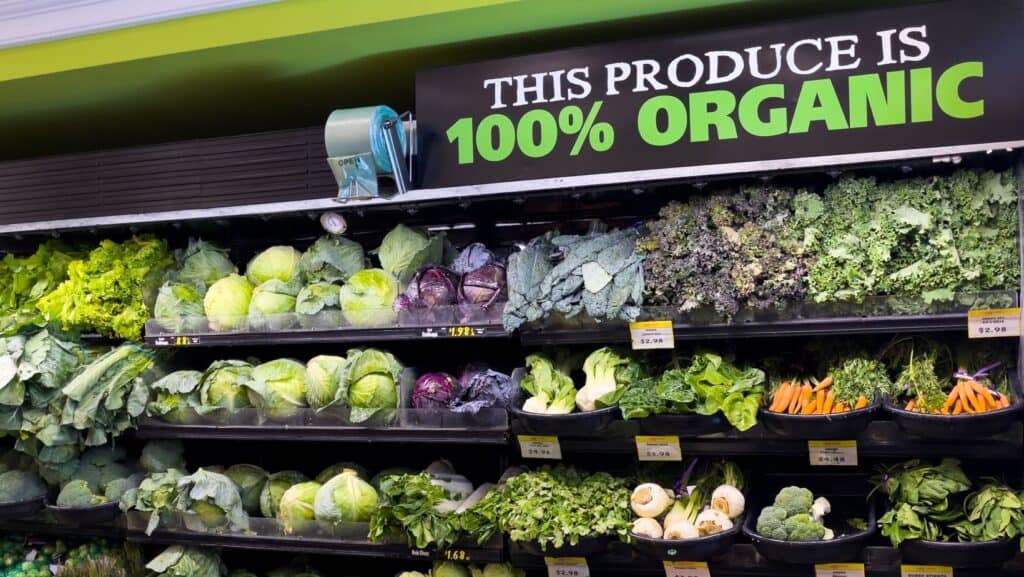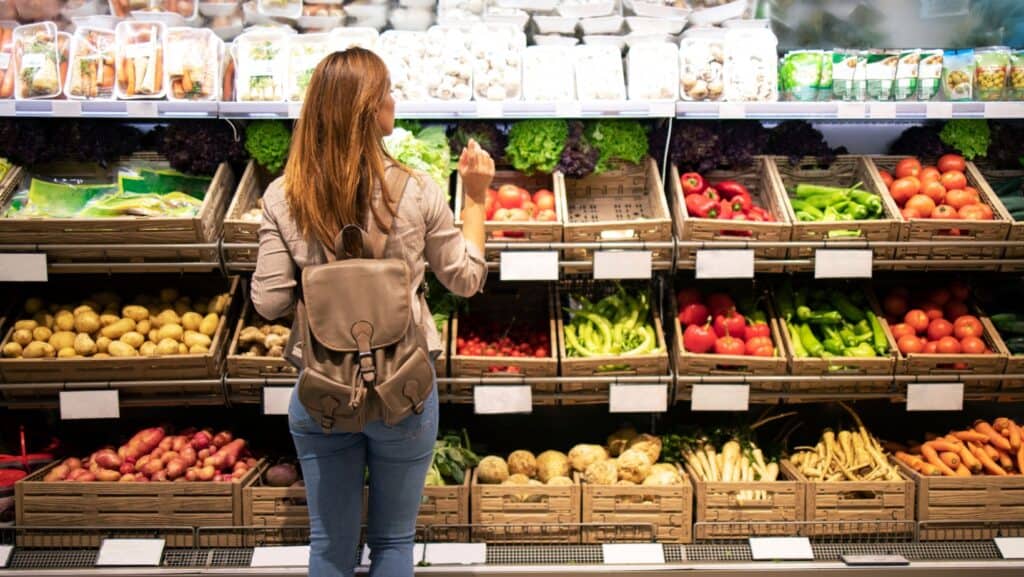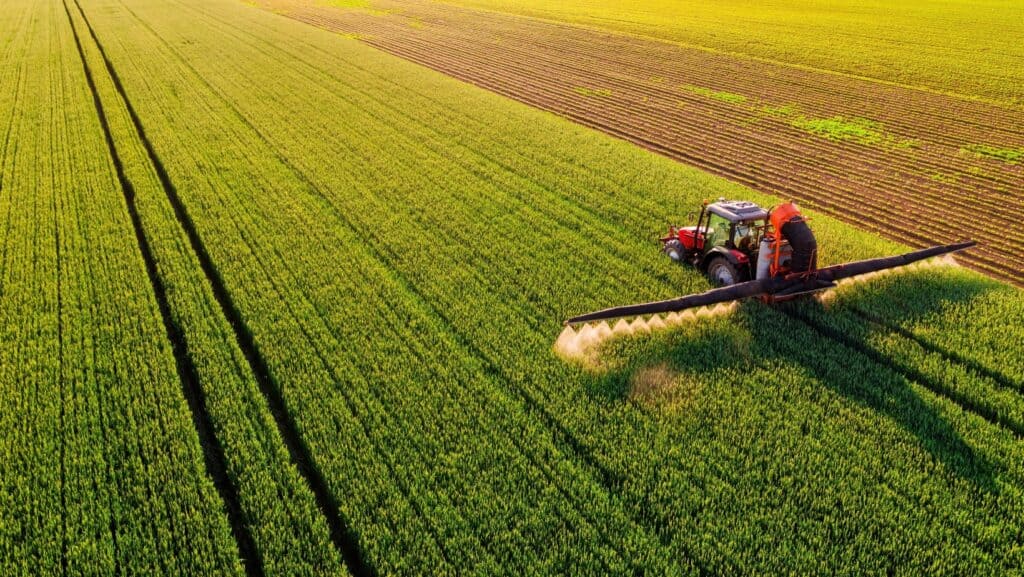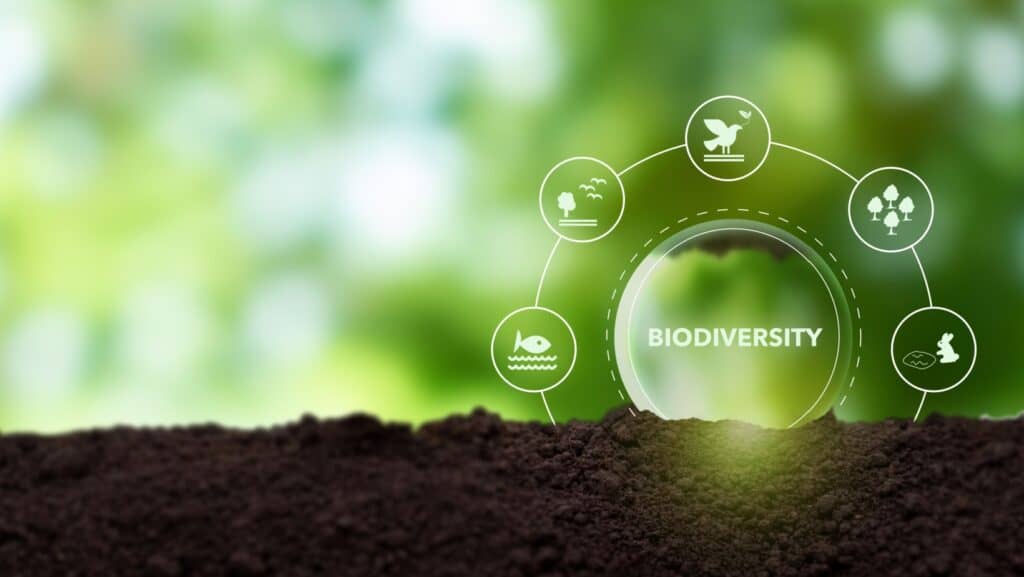These Are The Fruits and Vegetables You Should Buy Organic… and Why
Choosing organic fruits and vegetables can significantly impact your health, the environment, and the quality of the food you consume. Organic farming practices avoid synthetic pesticides and fertilizers, promoting healthier soil and reducing chemical exposure. Here are the best fruits and vegetables to buy organic, supported by research and expert recommendations.
The Dirty Dozen: Fruits and Vegetables with High Pesticide Residues

The Environmental Working Group (EWG) annually releases the “Dirty Dozen,” a list of produce with the highest levels of pesticide residues. These items are best purchased organic to minimize exposure to harmful chemicals.
Consider Buying Organic

- Strawberries: Nearly 99% of samples tested positive for at least one pesticide.
- Spinach: Contains high levels of pesticide residues, often multiple types.
- Kale, Collard & Mustard Greens: Frequently contaminated with pesticides.
- Nectarines: Consistently rank high in pesticide residues.
- Apples: Often treated with multiple pesticides.
- Grapes: High pesticide levels, especially in imported varieties.
- Bell & Hot Peppers: Known for significant pesticide contamination.
- Cherries: Frequently treated with pesticides.
- Peaches: High in pesticide residues.
- Pears: Another fruit with heavy pesticide use.
- Celery: Absorbs pesticides easily due to its porous nature.
- Tomatoes: Often treated with multiple pesticides.
The Clean Fifteen: Produce with Low Pesticide Residues

The EWG also identifies the “Clean Fifteen,” a list of produce with the lowest pesticide levels. These items are safer to consume non-organic if budget or availability is a concern.
No Need To Buy Organic

- Avocados: Thick skin protects the fruit from pesticides.
- Sweet Corn: Low pesticide residues, especially when non-GMO.
- Pineapple: Protected by its thick outer layer.
- Onions: Naturally low in pesticides.
- Papaya: Generally low in pesticide residues.
- Sweet Peas (Frozen): Minimal pesticide exposure.
- Asparagus: Low in pesticide residues.
- Honeydew Melon: Protected by its rind.
- Kiwi: Thick skin reduces pesticide exposure.
- Cabbage: Naturally resistant to pests.
- Mushrooms: Low in pesticide residues.
- Cantaloupe: Protected by its thick skin.
- Mangoes: Low in pesticide residues.
- Watermelon: Thick rind minimizes pesticide exposure.
- Sweet Potatoes: Low in pesticide residues.
Why Choose Organic?

Here are the top reasons to consider organic.
Nutritional Superiority

Organic produce often contains higher levels of nutrients like vitamin C, zinc, and iron. Studies have shown that organic fruits and vegetables can have up to 40% more antioxidants and 12% higher nutrient levels compared to conventionally grown produce.
Reduced Chemical Exposure

Organic farming avoids synthetic pesticides and fertilizers, reducing your intake of harmful chemicals. This is particularly important for produce on the Dirty Dozen list, which are more likely to retain pesticide residues.
Environmental Benefits

Organic farming promotes biodiversity, improves soil health, and reduces pollution. It also conserves water and reduces soil erosion, making it a more sustainable choice.
Health Benefits

Regular consumption of organic foods has been linked to a reduced risk of certain health issues, including obesity, non-Hodgkin lymphoma, and pre-eclampsia during pregnancy. Organic dairy and meat products also contain higher levels of omega-3 fatty acids, which are beneficial for heart and brain health.
Where to Find Organic Produce

- Farmers Markets and CSAs: These venues often offer fresh, locally sourced organic produce. Many small-scale farmers practice organic methods without formal certification.
- Local Co-ops and Independent Grocers: These retailers focus on stocking local and organic options, providing a variety of fresh produce, dairy, and meats.
- Direct from Organic Farms: Purchasing directly from organic farms ensures the freshest produce and supports local agriculture.
Conclusion

Choosing organic fruits and vegetables is a proactive step toward better health and environmental sustainability. By prioritizing the Dirty Dozen and opting for organic options where possible, you can reduce your exposure to harmful pesticides and enjoy the nutritional benefits of organic produce. Supporting local organic farmers also contributes to a more sustainable food system, benefiting both personal health and community well-being.
What’s Really in Baby Food? Independent Analysis Uncovers Toxic Metals and Nutritional Gaps

READ: What’s Really in Baby Food? Independent Analysis Uncovers Toxic Metals and Nutritional Gaps
For many parents, feeding their baby feels like one of the most important, and overwhelming, decisions they make each day. We trust the jars, pouches, and purees we see on store shelves to be not only convenient but also safe and nourishing. But what if that trust is misplaced?
Join Us

Join us on this empowering journey as we explore, celebrate, and elevate “her story.” The Queen Zone is not just a platform; it’s a community where women from all walks of life can come together, share their experiences, and inspire one another. Welcome to a space where the female experience takes center stage. Sign up for our newsletter so you don’t miss a thing, Queen!







